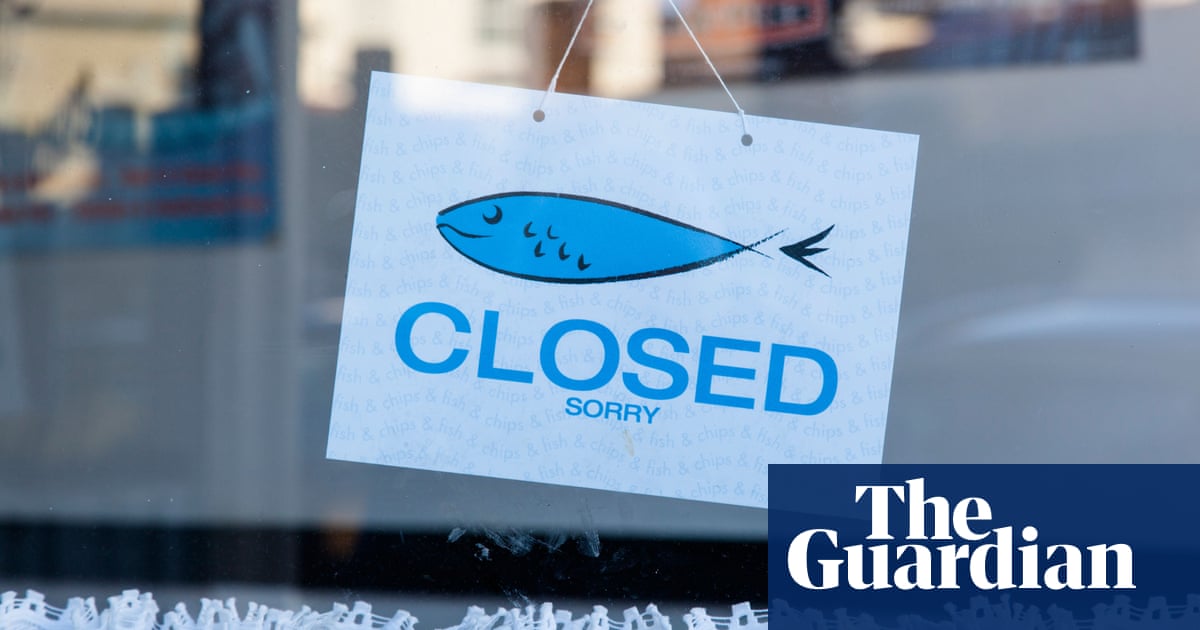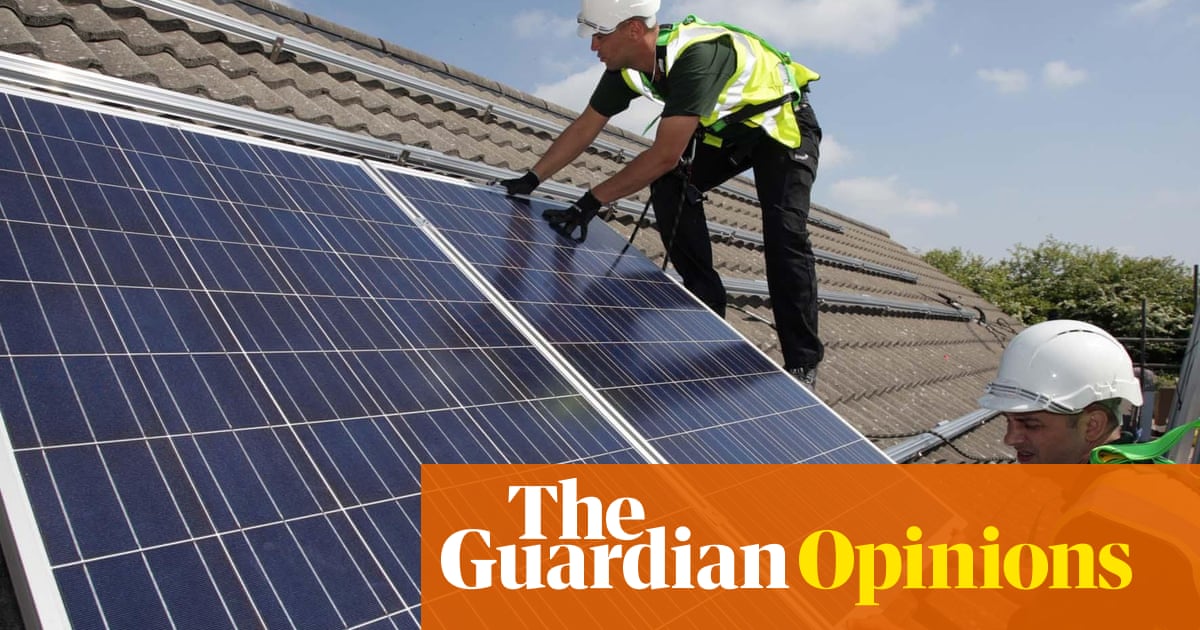
Boris Johnson has been warned that the future of his Conservative government rests on how it tackles the looming “cost-of-living catastrophe”, as Guardian analysis shows that swathes of Tory-held seats in the “red wall” will be among those hardest hit.
The prime minister is under growing pressure to set out measures to help millions of families avoid crippling rises in food and energy bill in coming months, with some Tory MPs calling for the national insurance rise in April to be delayed or even scrapped.
Analysis of official data by the Guardian shows that nearly 2m households in Conservative seats are already in fuel poverty, according to the UK government’s definition, including more than 194,000 in key red wall seats won from Labour in 2019.
Restive Tory MPs are growing increasingly concerned at the lack of any significant new measures to help alleviate the pressures on families, with Downing Street appearing paralysed by the “partygate” row.
Jo Gideon, the Conservative MP for Stoke-on-Trent Central, which has some of the highest levels of fuel poverty in the country, said Johnson’s government would be judged at the next election on its handling of the cost of living crisis as some of her constituents “have to choose between heating and eating”.
She added: “Ultimately people vote for the party and leader they think will do the best job of balancing the economy, providing stability and providing the basis for them to live their lives to the best outcome.
“I don’t think anyone knows how short term the energy prices [rise] is and therefore our economic strategy has to reflect the fact that the economic position is shifting according to these global influences.”
Downing Street has said Johnson is committed to introducing the £12bn national insurance rise in April, amid suggestions the prime minister was “wobbling” after pressure from MPs concerned about the impact on household budgets.
The tax rise, badged as a health and social care levy to pay for the growing NHS backlogs and crisis in care homes, is due to come into effect in April 2023 but is preceded by a 1.25 percentage point rise in April this year. At the same time, the energy price cap is expected to rise to £2,000 a year in April, an increase of more than 50%, amounting to £600 a year for the average household.
Gideon, who chairs an all-party parliamentary group on England’s national food strategy, said she wanted to see some immediate relief to ensure that “nobody should go hungry” and suggested that Rishi Sunak, the chancellor, could look at postponing the national insurance tax rise.
She said: “We need to address the challenges in social care. Whether the timing needs to be looked at is something for the chancellor and I’m not going to second guess that.”
Of the top 50 areas in England with the highest rates of fuel poverty, 40 are held by Labour and most are in parts of the country that would be considered key political battlegrounds at the next general election.
The average majority in the 28 red wall seats won by the Conservatives in 2019 is just 4,500 votes, leaving some newly elected Tory MPs jittery about what a leading thinktank described as a “cost-of-living catastrophe”.
An Ipsos Mori poll last week gave Labour a nine-point lead over the Conservatives, with Keir Starmer’s party far more trusted on “levelling up” and the cost-of-living crisis but still behind on handling Britain’s economy.
Liam Byrne, the Labour MP for Birmingham Hodge Hill, which has the highest fuel poverty rate in England, said it was critical that the government cut VAT on fuel prices and replace the £20 a week uplift to universal credit, which ended in October.
He added: “The biting cut to universal credit has left us with the worst child poverty in Britain and record queues at food banks. A generation is now growing up in poverty as families have to make that appalling choice between heating and eating.”
The Resolution Foundation estimated that the number of families experiencing “fuel stress” – spending at least 10% of their budgets on energy – will treble to 6.3 million overnight when the new energy price cap comes in on 1 April.
Jonny Marshall, senior economist at the Resolution Foundation, said: “The sharp rise in energy bills this April will increase the number of households in fuel poverty, and treble the number of families in fuel stress. This is a problem that will affect families throughout the country, many who have not faced unaffordable bills before, and particularly those in red wall constituencies.
“As such, the government’s immediate priority should be to announce bold, targeted support for the millions of low-income households most affected by the coming energy bills crisis. Longer term, addressing the causes of high energy bills – an over-reliance on natural gas and poorly insulated homes – will see energy costs become more manageable for all.”












